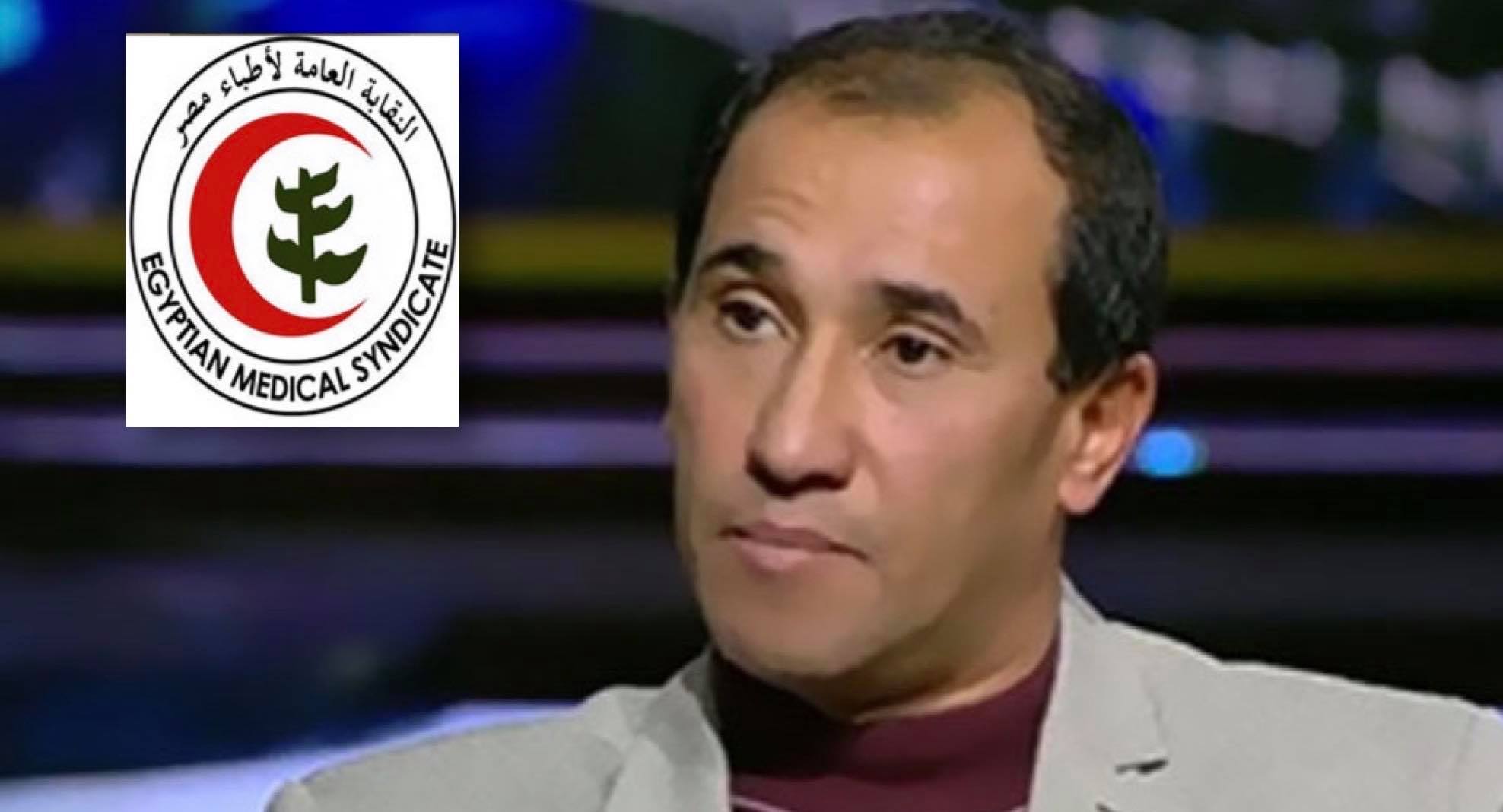By the start of the implementation of the Egyptian government’s decision to compel citizens to wear masks, the competition between sovereign and governmental entities intensified to obtain a share of the precious cake made by the coronavirus crisis. The government’s decision obliges workers and visitors to all markets, shops, government installations, private establishments, banks, or users of all mass transportation, whether public or private, to wear protective masks.
The decision, imposed since May 30, punishes the violator (who does not wear a mask) with a fine not exceeding EGP 4,000 (about $250), amid government measures to implement a plan to coexist with the coronavirus. Many Egyptian families complain that buying masks for the entire family is an additional financial burden on their budgets. The prices of regular masks in the Egyptian market ranges between EGP 5 ($0.32) per piece and EGP 10 ($0.64) and this does not include the N95 respirators whose price is close to EGP 200 ($12.37).
Army masks
The Egyptian government is seeking to provide about 30 million masks per month to meet the needs of the local market, according to Minister of Trade and Industry Nevine Jame. According to Omar Hassan, head of the ready-made clothes section of the Cairo Chamber of Commerce, there are 100 additional factories that will start producing masks this June, bringing the number of factories working to produce masks to 400, each of which produces between 6,000 and 30,000 masks daily.
The race is topped by factories affiliated to the Ministry of Military Production (a ministry affiliated to the Egyptian Army), with a daily production capacity of 4.5 million masks. In order to provide the needs of the local market on the one hand, and export the rest abroad on the other hand. The Egyptian army has opened five new and improved production lines for respiratory medical respirators, according to the standards of the World Health Organisation, with daily production of 100,000 masks, according to the statement of the Egyptian military spokesman.
The outlets of the Egyptian army, in the governorates and major fields, provide protective masks at competitive prices to those offered in pharmacies. Last April, in a propaganda move, the Egyptian army instructed the Armed Forces Supply Authority to distribute medical masks to citizens free of charge in public places and major fields, in compliance with the directives of President Abdel Fattah al-Sisi. But these instructions were applied in a limited way and in very few places. Last April, al-Sisi announced that he was ready to distribute masks to citizens for free or at half price, but this announcement was not applied.
This month, the head of the Egyptian Bar Syndicate, Rajaee Attia, issued a decision to distribute medical masks to lawyers for only EGP 2 ($0.12), provided that the syndicate bears the price difference of the masks made by the armed forces. This implies that the army’s production of masks has found buyers using the direct-order system. The number of lawyers in Egypt is 160,000, according to official estimates in 2019.
Government masks
The business of coronavirus masks seems to have become a government trend, as the official spokesperson for the Egyptian Cabinet, Counselor Nader Saad, announced that fabric masks would be offered at a price of EGP 5 per mask. A few days ago, the Egyptian Minister of Supply, Ali al-Meselhi, announced that he would offer cloth masks on ration cards per month (about 22 million cards) at the beginning of next July.
Al-Muselhi stressed in press statements that providing masks to citizens has become an urgent necessity in light of these critical circumstances, provided that the government determine the prices on the basis of which they will be put on the ration cards. It is planned that 40 million protective masks will be provided monthly. To be included as a commodity, grocers are obliged to register the registration of masks for people. The masks offered on the ration cards will be canvas, not medical, and will be 30 per cent cheaper than the fabric masks available in the market, according to the Adviser of Egyptian Minister of Supply Ayman Hosam el-Din.
The Egyptian government provides a monthly subsidy of EGP 50 per person (about $3), benefiting 72 million individuals, and they receive basic food commodities. It was noted that the Egyptian Ministry of Endowments (a religious institution concerned with mosque affairs), has also entered into the COVID-19 mask business, announcing the launch of an EGP 8 ($0.49) cloth mask, as part of its efforts to counter the coronavirus.
Sherif Ahmed, head of the Mahmoudia Management Company, affiliated to the Ministry of Awqaf, announced the possibility of wholesaling pharmacies and places that sell retail, indicating that the company has outlets to sell masks. He added during a telephone interview with Sada al-Balad TV, that the price of the two-layer mask in bulk reaches EGP 5 ($0.32), while the price of the three-layer mask is EGP 8 (half a dollar).
The ministry also announced the establishment of a production unit specialised in the production of a face shield, claiming that the mask alone does not provide the necessary protection to the eyes. It is possible to reuse the endowment mask daily after washing it with soap and water, because it is made of scratch-resistant material, which prolongs the life of the mask, according to the ministry’s statement. The price of the mask is EGP 50 (about $3.5o). The production and sale of these masks comes amid ironic criticism of the exploitation of the corona crisis by the religious ministry, in pursuit of profits.





Recent Comments